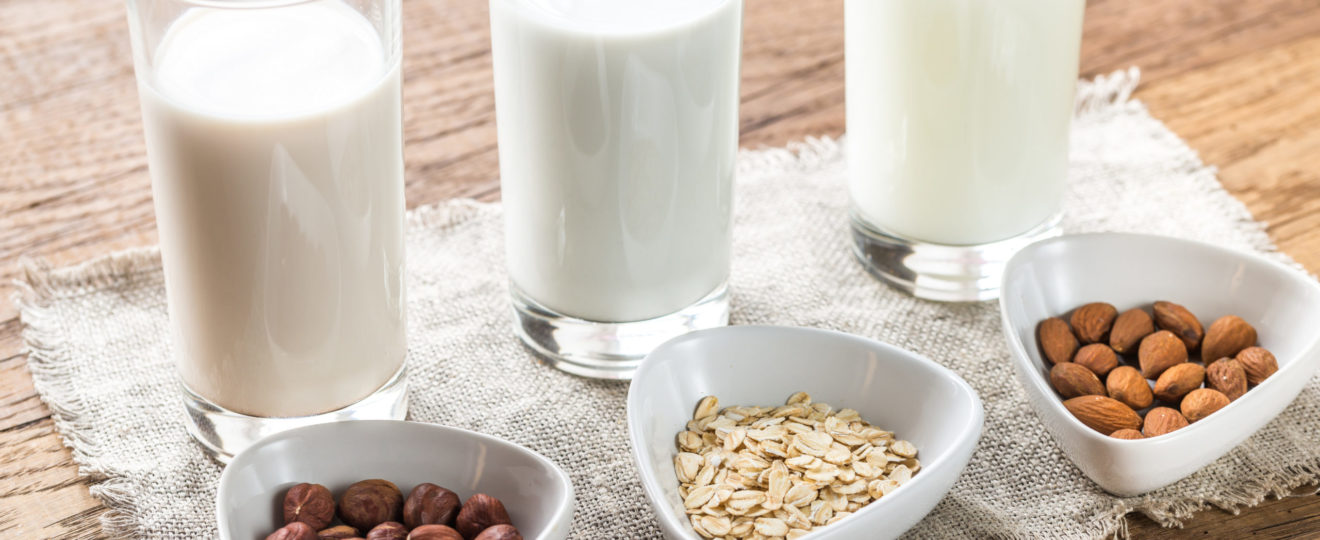As more people become interested in improving their health, they are looking for alternatives to dairy milk. Plant-based milk is an excellent option because it is low in fat and cholesterol and high in fiber and protein. Non-dairy milk is a dairy-free milk alternative made from plant-based substances. It can come from nuts, seeds, grains, soybeans, or coconut. There are many different types of non-dairy milk on the market, including almond milk, soy milk, rice milk, and hemp milk.
Despite its name, non-dairy milk is not milk at all. It is a plant-based beverage that is often used as a milk substitute for lactose intolerant people or those with dairy allergies. Non-dairy milk can be a great source of nutrients, including protein, calcium, and vitamin D. It is also low in fat and cholesterol-free. A product like StriveForBetter milk can be a popular choice for people who are looking for a dairy-free alternative to milk. Let’s take a look at things to consider when looking for a milk alternative.
Consider the ingredients.

When considering non-dairy milk products, there are a variety of options. As discussed, alternative milk can be made from nuts, seeds, grains, and other plants. If you have a food allergy or intolerance, you’ll want to ensure that the milk doesn’t contain your specific allergen. For example, if you have a peanut allergy or other nut intolerance, you’ll probably want to avoid milk made with peanuts or cashews.
Since plant-based milk is mostly made with water, many products have added ingredients such as sugar. Depending on the milk and the flavor, some products could have a significant amount of added sugar. Additionally, many manufacturers add other ingredients to the milk to improve the mouthfeel, thicken the product, or preserve it. When considering non-dairy kinds of milk, you’ll want to consider all of the added ingredients. This is especially true if you are looking for a healthier alternative to dairy milk.
Think about the nutritional benefits.
As discussed, plant-based kinds of milk are mostly water. As a result, the health benefits of these products mostly come down to what they don’t contain rather than what they do. In comparison to cow’s milk, unsweetened non-dairy milks generally have fewer calories, less sugar, and less fat.
Aside from this, each variety of non-dairy milk has a unique set of nutritional benefits. Soy milk is a good source of protein, and it also contains high levels of omega-3 fatty acids, which are beneficial for heart health. Almond milk is a good source of calcium and vitamin D, both of which are important for bone health. Rice milk is a good source of carbohydrates, and it also contains antioxidants that can help protect the body from damage caused by free radicals. Oat milk is a good source of fiber, and it also contains high levels of beta-glucans, which can help lower cholesterol levels.
When looking at non-dairy alternatives, you’ll want to consider things like vitamins, minerals, and amino acids. In many of these products, manufacturers fortify the milk with additives. As a result, some non-dairy options contain high levels of beneficial substances.
Consider the taste.

Plant-based milk products have been on the market for a while, and you will find varying opinions about the taste of these items. Due to the manufacturing process, many of these milk alternatives take on the taste of the base ingredient. For example, almond milk has a taste that is often described as being “nutty.” Although milk products have evolved in recent years, there are many people who worry about the tastes being too bland or “green.” As a result, many manufacturers produce alternative kinds of milk in various flavors, including vanilla, chocolate, and strawberry.
If you’re looking for milk that is closer to cow’s milk, you might want to try a product with a more natural flavor. Finding the best option for your tastes will depend on your preferences.
There are numerous types of non-dairy milk with products made from seeds, grains, nuts, and other plants. Ultimately, you should choose the product that suits your taste and preference. Aside from that, you might also want to consider the ingredients and the nutritional benefits.








